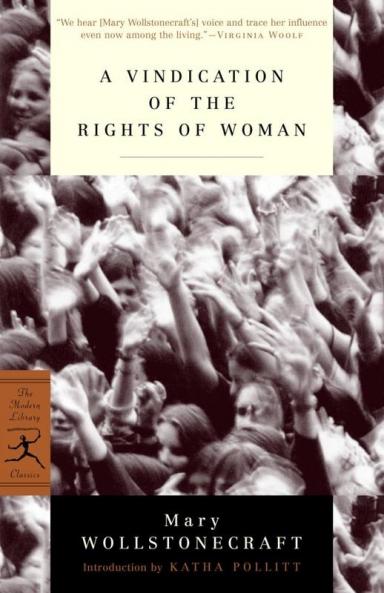This Book is Out of Stock!
Paperback
₹799
(All inclusive*)
Delivery Options
*COD & Shipping Charges may apply on certain items.
Review final details at checkout.
Looking to place a bulk order? SUBMIT DETAILS
About The Book
Description
Author(s)
First published in 1792 A Vindication of the Rights of Woman was an instant success turning its thirty-three-year-old author into a minor celebrity. A pioneering work of early feminism that extends to women the Enlightenment principle of the rights of man its argument remains as relevant today as it was for Woll-stonecraft''s contemporaries. Mary Wollstonecraft was not the first writer to call for women to receive a real challenging education writes Katha Pollitt in the new Introduction. But she was the first to connect the education of women to the transformation of women''s social position of relations between the sexes and even of society itself. She was the first to argue that women''s intellectual equality would and should have actual consequences. The winds of change sweep through her pages. This classic work of early feminism remains as relevant and passionate today as it was for Wollstonecraft''s contemporaries. This edition includes new explanatory notes.
*COD & Shipping Charges may apply on certain items.
Review final details at checkout.
₹799
Out Of Stock
All inclusive*
Details
ISBN 13
9780375757228
Publication Date
-12-06-2001
Pages
-256
Weight
-271 grams
Dimensions
-132x203x13.67 mm
Imprint
-Modern Library








